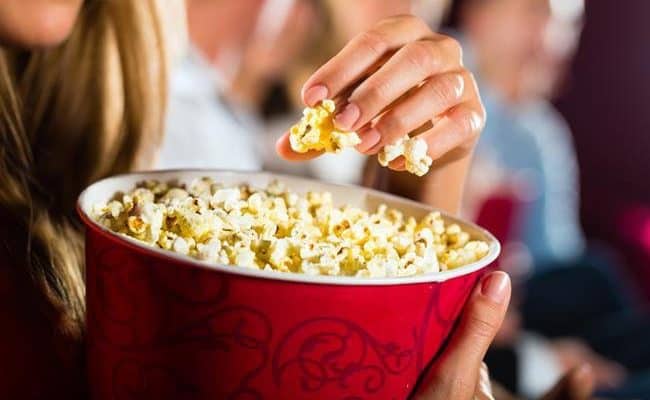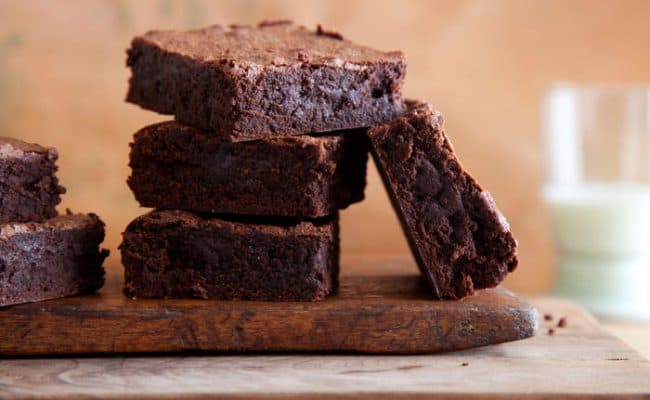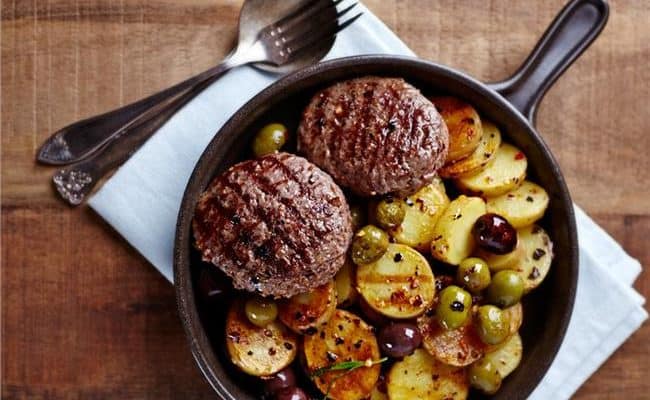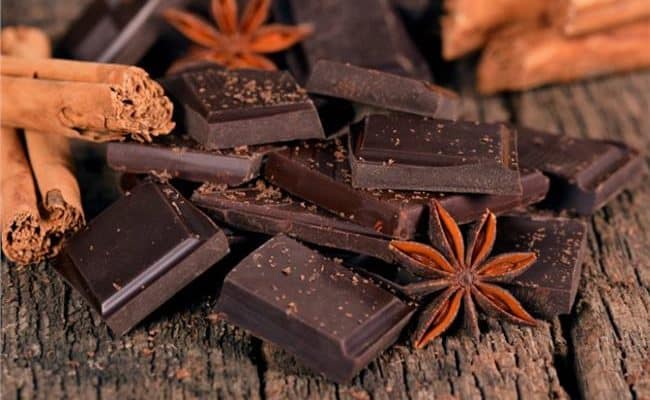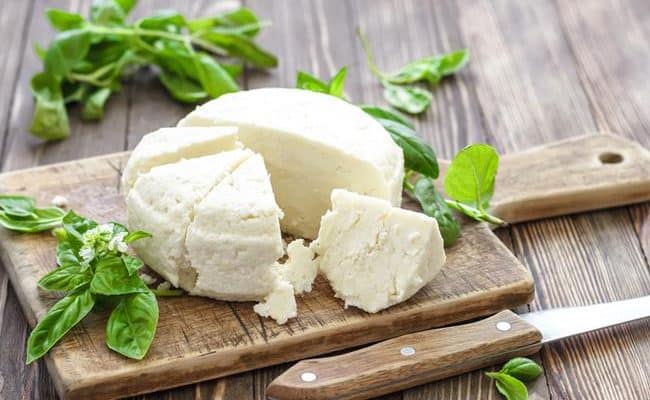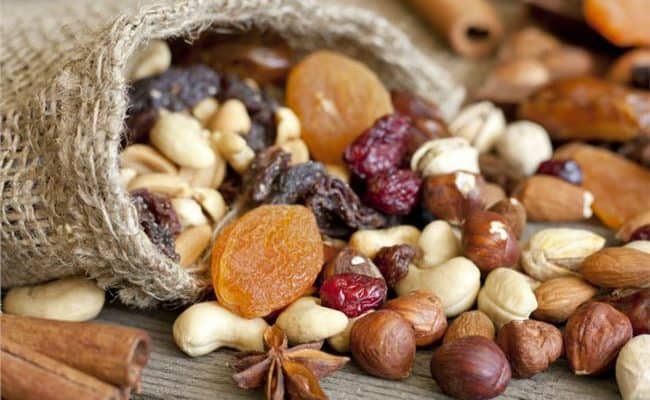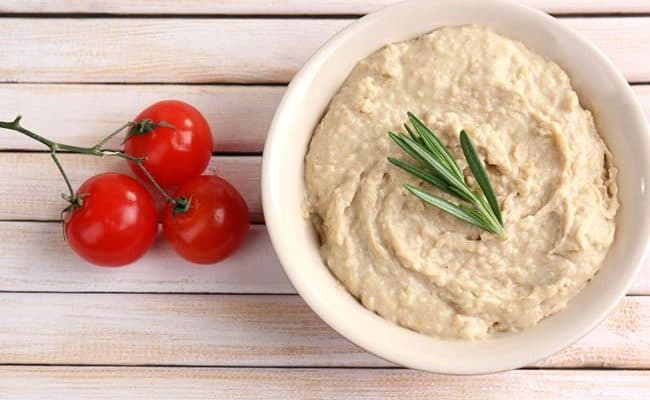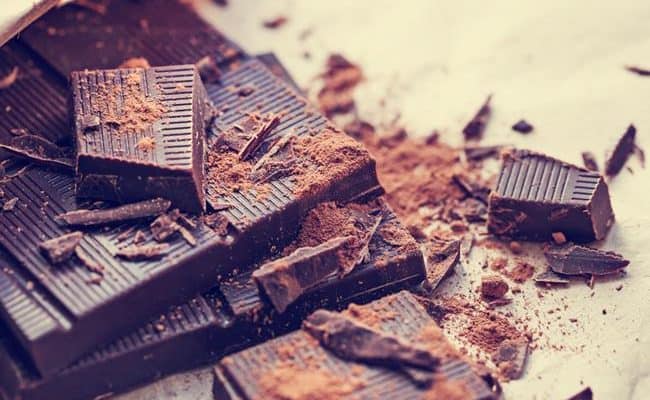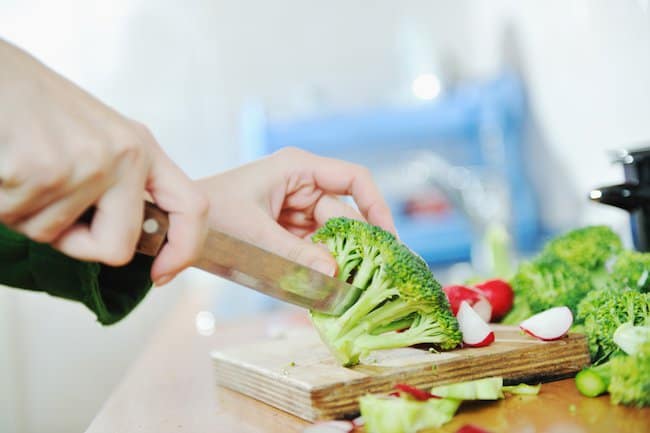
You may have heard the advice, ‘’breakfast like a king, lunch like a prince and dinner like a pauper’’, but is it really necessary to bottom load calories in order to avoid weight gain?
The is plenty of conflicting advice out there with some experts suggesting eating more earlier in the day and a lighter meal at night and even not eating certain foods after a certain time at night, whilst others suggest that the time we eat is not a factor in weight gain and it is in fact the total calories we eat and the amount we burn that make the difference to weight.
What does the science say?
Although some studies have found a relationship between night time eating and weight gain, it seems that these results are based more on what people eat at night rather than the time of day they eat.
One notable exception was a study carried out in 2009, which found that mice fed the same amount of calories gained more weight when fed during the daytime, (the less active period for mice), than when fed at night, when they are at their most active.
Although these findings may justify further investigation into the effect of circadian rhythm on hormone release and subsequent weight gain in humans, one study in an animal model is not sufficient evidence to conclude that the time of day makes a difference to weight gain.
The US Department of Agriculture recommends that it does not matter what time of day you eat, it is what and how much you eat in conjunction with the physical activity you do over the course of the entire day that will determine weight changes.
See also: Is it bad to eat carbs at night?
When night eating an cause weight gain
There is often an association between night time eating and weight gain, but this is probably due to the extra calories that tend to be consumed in this time period. Evening and night are often times when people make bad nutritional choices and eat high fat, sugar and calorie foods as snacks in large quantities.
These foods are also often extra calories that they do not need as they have already reached their energy requirements throughout the day.
If more calories are being consumed than are being burnt, weight gain will follow, whether the extra calories are being eaten late at night or in the morning or middle of the day.
How to avoid excessive night time eating
When trying to lose weight or to maintain a healthy weight, it is important to eat at frequent intervals throughout the day to avoid excessive hunger that could lead to overeating or making poor nutritional choices.
Many people who do not eat their evening meal until very late at night will not have eaten anything since lunch and thus are more likely to eat more than they need or make unhealthy choices. If you are unable to eat an earlier evening meal, try to include a small but filling snack between lunch and dinner to reduce this hunger. A snack of around 100 calories is suitable and good options include a small handful of unsalted nuts, a low fat yogurt, fruit or vegetable sticks with a protein based dip such as hummus.
If you are in the habit of snacking after your evening meal, make sure you are making healthy choices and think about if you really need the snack. Many people spend the evening in front of the TV with a bag of potato chips or a block of chocolate, which can easily lead to weight gain over time.
If you feel you really need a snack before bed, try to choose something nutritious and not too high in calories. A piece of wholegrain toast with peanut butter, air popped popcorn, fruit, yogurt or a hot cocoa made with low fat milk all make better nighttime snack options that will not contribute so significantly to weight gain.
When snacking, it is also a good idea to portion out the amount you want to eat and take that with you, rather than taking a whole packet of food as you are likely to eat less this way. If you are eating for something to do, rather than because you are hungry, try to find other activities to distract you from food. Knitting whilst watching TV or drinking a herbal tea may be enough to distract you from extra nighttime calories.
References used in this article

